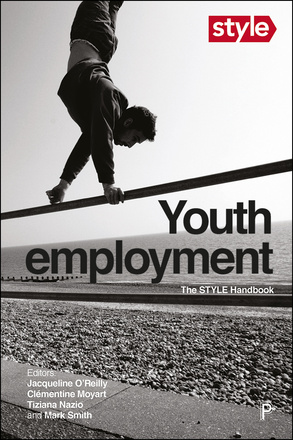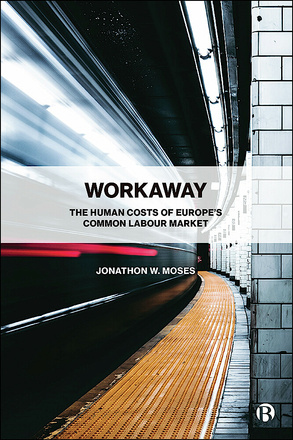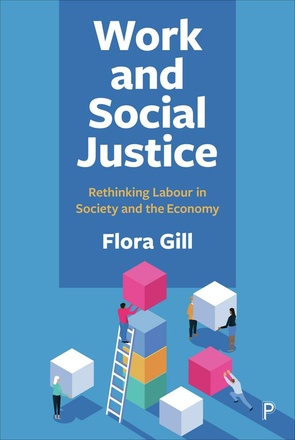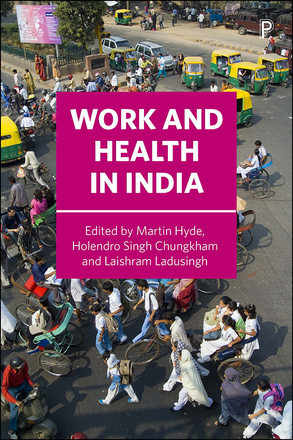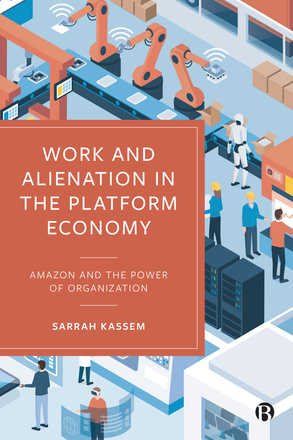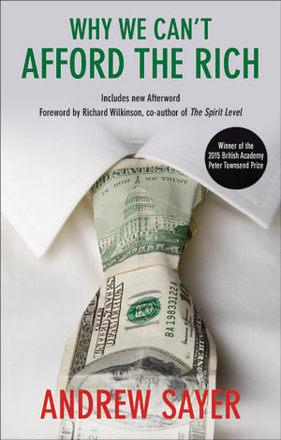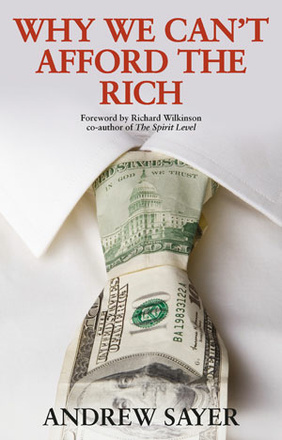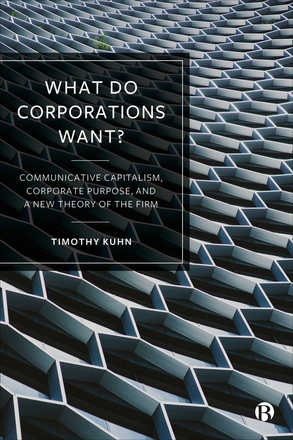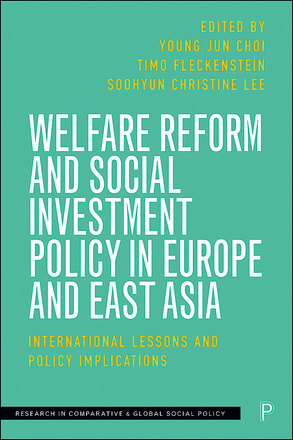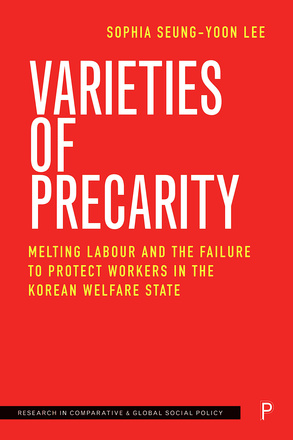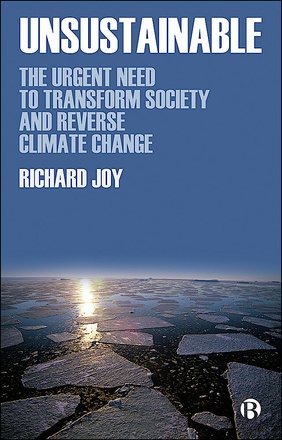ECONOMICS
Youth, Work and the Post-Fordist Self
Drawing on empirical research, this book provides an innovative exploration of youth and work, showing how youth identities are connected with the dynamics of labour and value in contemporary capitalism.
Youth Employment
STYLE Handbook
With contributions from over 90 authors and more than 60 individual contributions this collection summarises the findings of a large-scale EU funding project on Strategic Transitions for Youth Labour in Europe (STYLE).
Workaway
The Human Costs of Europe’s Common Labour Market
This agenda-setting book argues that the process of market integration in Europe has undermined the power and influence of European workers and generated significant human costs. In starting from the position of labour, this book offers an alternative approach which balances the needs of justice and efficiency.
Work and Social Justice
Rethinking Labour in Society and the Economy
This book examines the urgent workplace challenges we’re facing today with an interdisciplinary and historical analysis that challenges and broadens the scope of existing economic literature. Exploring the current economic proposals to address these issues, it offers ways forward for greater economic social justice and equality at work.
Work and Health in India
This interdisciplinary work connects the transformation of India’s labour market with changes in health and health problems to offer an analysis that is unprecedented in scope and depth.
Work and Alienation in the Platform Economy
Amazon and the Power of Organization
Drawing on interviews with Amazon workers and original empirical data, this book explores how different working conditions estrange and alienate workers, and how, despite these, workers find ways to organize and express their agency. This is an important analysis of work on the digital shop floor for the scholars of platform economy.
Why We Can't Afford the Rich
Why we can’t afford the rich exposes the unjust and dysfunctional mechanisms that allow the top 1% to siphon off wealth produced by others. With an updated Afterword, Andrew Sayer shows how the rich worldwide have increased their ability to hide their wealth, create indebtedness and expand their political influence.
Why We Can't Afford the Rich
Why we can’t afford the rich exposes the unjust and dysfunctional mechanisms that allow the top 1% to siphon off wealth produced by others. With an updated Afterword, Andrew Sayer shows how the rich worldwide have increased their ability to hide their wealth, create indebtedness and expand their political influence.
What Do Corporations Want?
Communicative Capitalism, Corporate Purpose, and a New Theory of the Firm
Drawing on communicative and new materialist theorizing, along with three insightful case studies, this book thoroughly redefines our understandings of what corporations are “for.”
Welfare Reform and Social Investment Policy in Europe and East Asia
International Lessons and Policy Implications
Providing original observations, this seminal text analyses the emergence of social investment policies in both Europe and East Asia. Experts explore the roads and barriers towards effective social investment policies, derive practical social policy implications and highlight important lessons for future social policymaking.
Varieties of Precarity
Melting Labour and the Failure to Protect Workers in the Korean Welfare State
Based on in-depth interviews with over 80 precarious workers in Korea, this book introduces the concept of ‘melting labour’ and provides a real depiction of how workers lose control over their lives and experience precariousness in labour markets.
Unsustainable
The Urgent Need to Transform Society and Reverse Climate Change
This book is an urgent call to reimagine our social, political and economic systems so that we might transform to a sustainable society. It assesses the roles of governments, business and individuals, and shows how barriers to change can be overcome through a rethinking of our societal and economic values.








